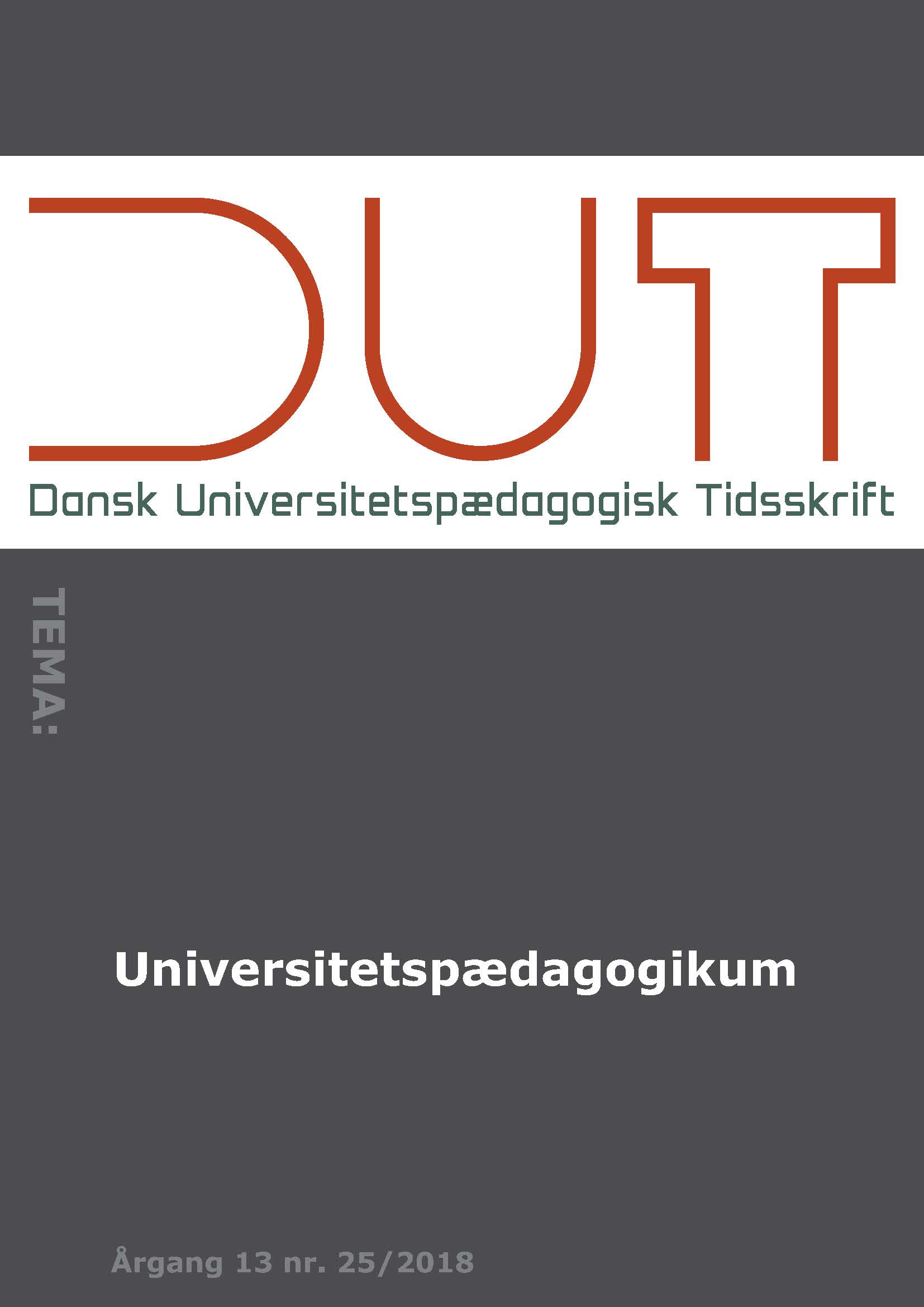Introducing complexity and uncertainty of environmental models in the education of future engineers
DOI:
https://doi.org/10.7146/dut.v13i25.104487Abstract
Environmental models are affected by significant sources of uncertainties com-pared to other engineering fields. However, traditional courses tend to provide a deterministic perspective, where the various sources of uncertainty (e.g. model structure, input data, implementation) are often neglected. This issue was high-lighted during a university teachers’ training programme, where the trainee proposed a solution that aimed to improve student understanding of uncer-tainty sources. The proposed solution was implemented in an existing MSc course (with 90 students). The course, originally based on problem-solving group work, was revised by introducing an assignment inspired by Problem-Based Learning, which can be used to introduce engineering students to com-plex issues. The new assignment introduced the students to new uncertainty sources (model structural and technical uncertainty) that are essential in the development and application of environmental models. The effects of the new approach on the students’ learning were monitored by using course evaluation questionnaires and written feedback from the students. The open-ended as-signment challenged the common habits of the students, highlighting the sub-jectivity in model applications and result interpretation. The students’ response was mixed, with major concerns linked to the high workload, which limited the time for deep reflection. Nevertheless, the learning objectives were successfully achieved, providing future environmental engineers with better understanding of the complexity of environmental modelling.
Downloads
Published
How to Cite
Issue
Section
License
DUT udkommer elektronisk via Statsbibliotekets Open Journal System (Tidsskrift.dk) og DUNs hjemmeside (DUN-net.dk) forår og efterår. Det er gratis og frit tilgængeligt at læse og downloade artikler fra tidsskriftet.
Det er ikke muligt at abonnere på Dansk Universitetspædagogisk Tidsskrift, DUT, men hvis du er medlem af DUN, får du tilsendt en nyhedsmail med link til udgivelsen, når den nyeste udgave er online. Linket vil også være tilgængeligt her på siden, så snart tidsskriftet er publiceret.
© Copyright
Artikler publiseret i Dansk Universitetspædagogisk Tidsskrift, DUT, må bruges (downloades) og genbruges (distribueres, kopieres, citeres) til ikke-kommercielle formål med reference til forfattere og Dansk Universitetspædagogisk Tidsskrift.
Artikler indsendt til Dansk Universitetspædagogisk Tidsskrift må ikke publiseres i andre tidskrifter.
Betingelser
Artikler i Dansk Universitetspædagogisk Tidsskrift, DUT, er omfattet af ophavsretsloven, og der må citeres fra dem.
Følgende betingelser skal dog være opfyldt:
- Citatet skal være i overensstemmelse med „god skik“
- Der må kun citeres „i det omfang, som betinges af formålet“
- Ophavsmanden til teksten skal krediteres, og kilden skal angives ift. ovenstående bibliografiske oplysninger.





